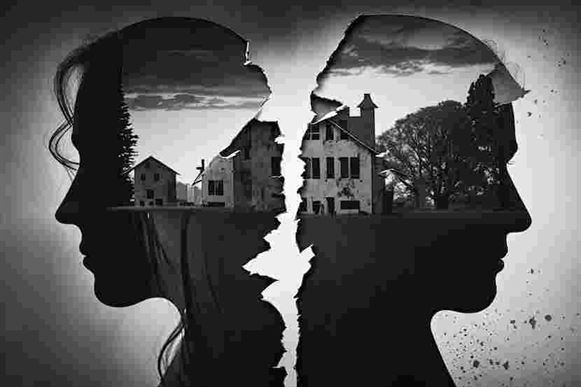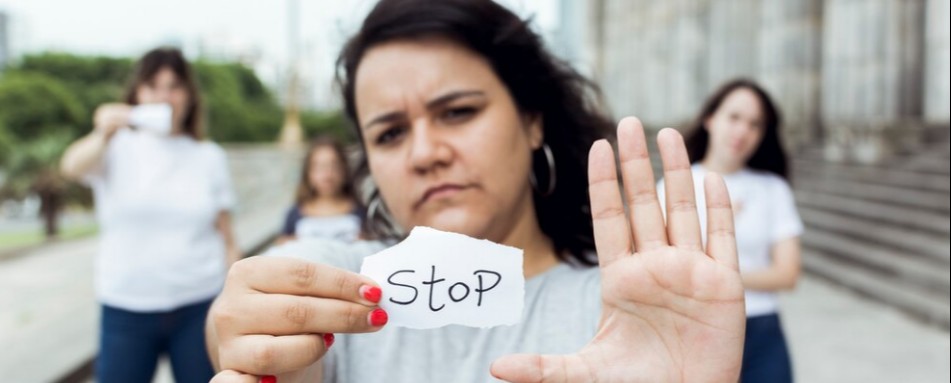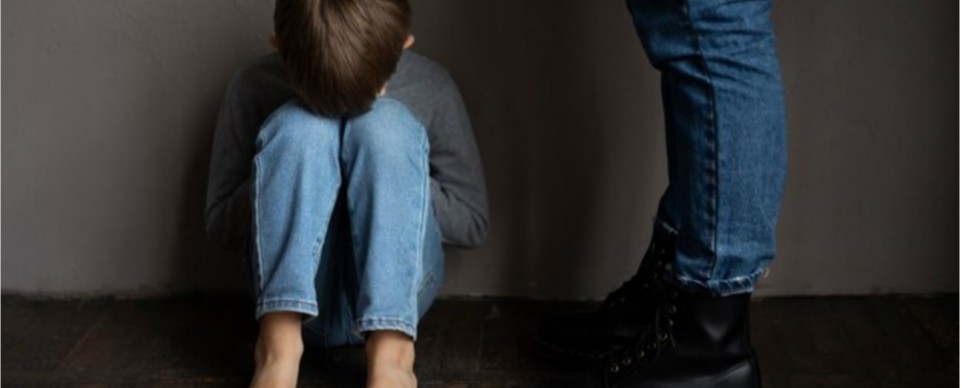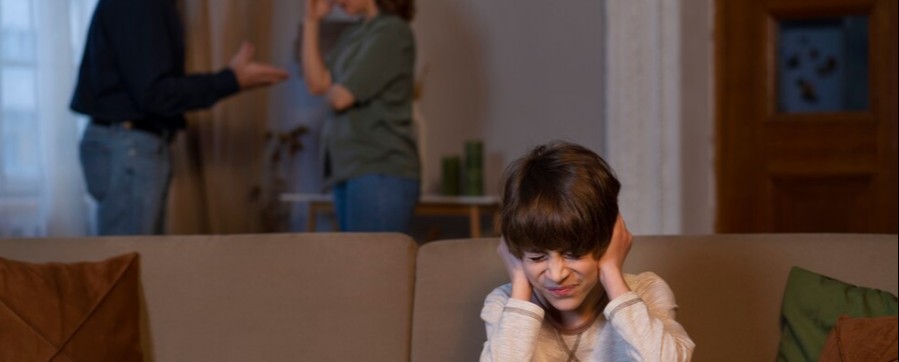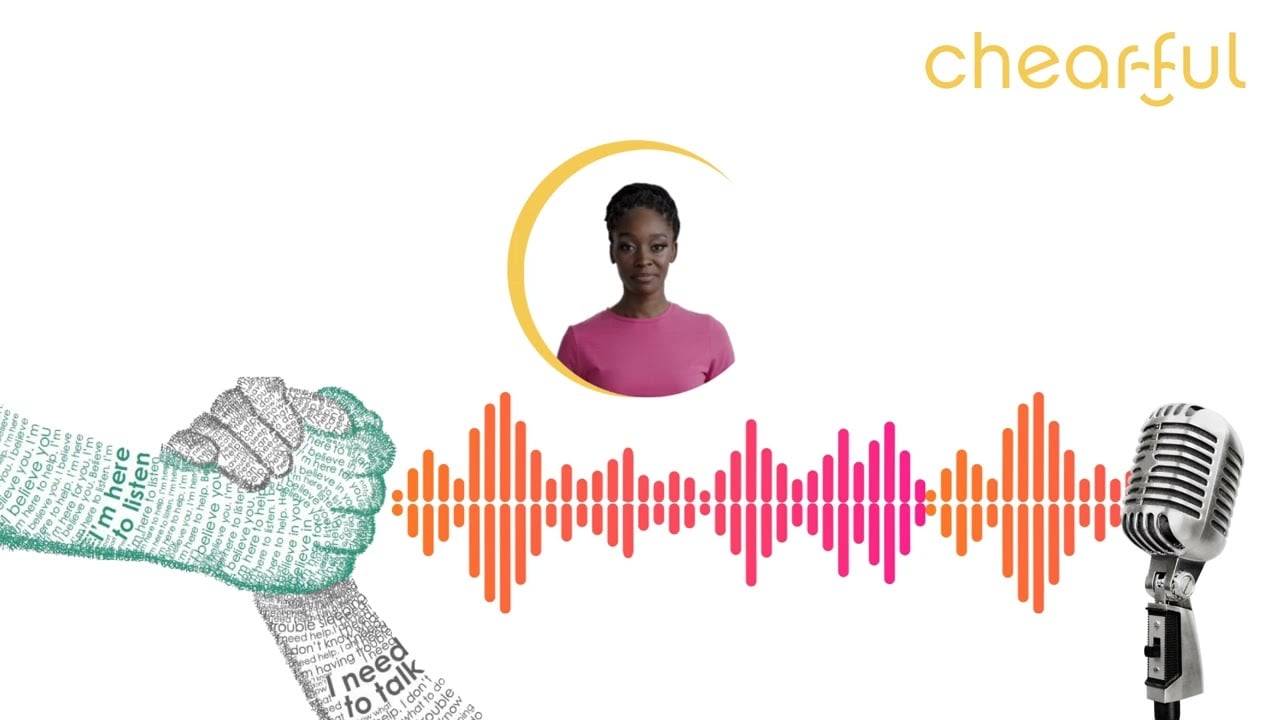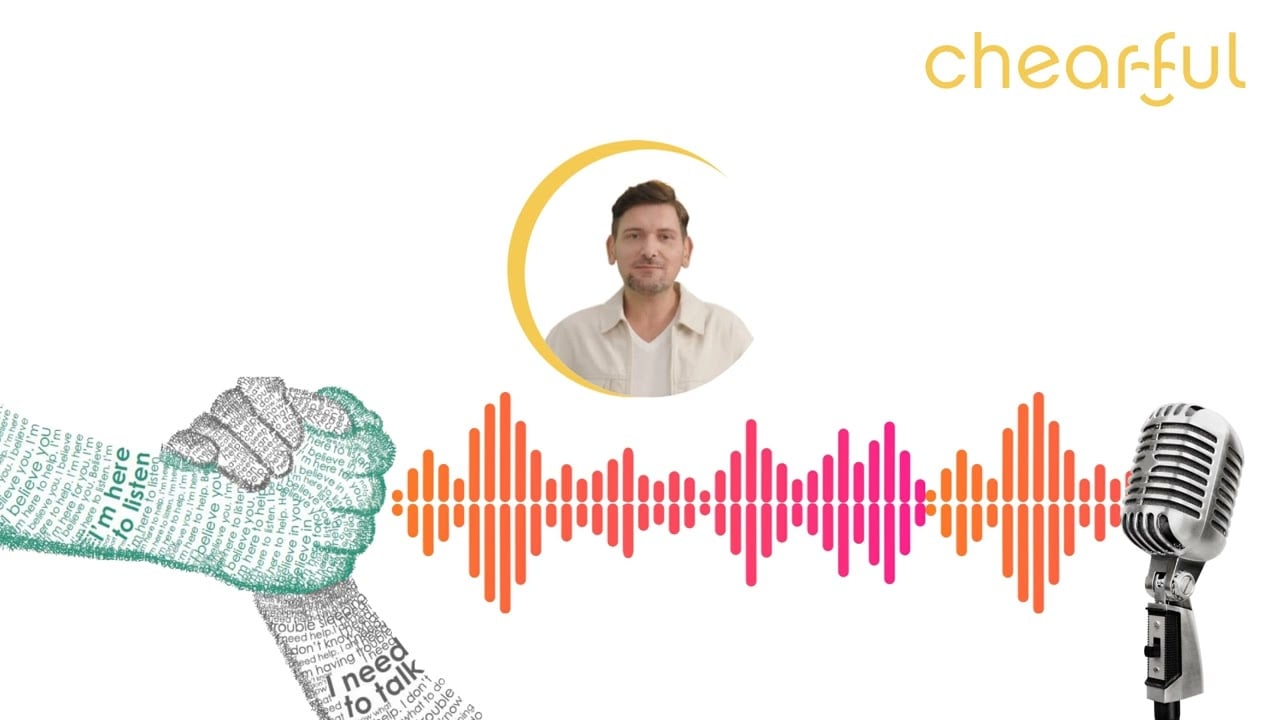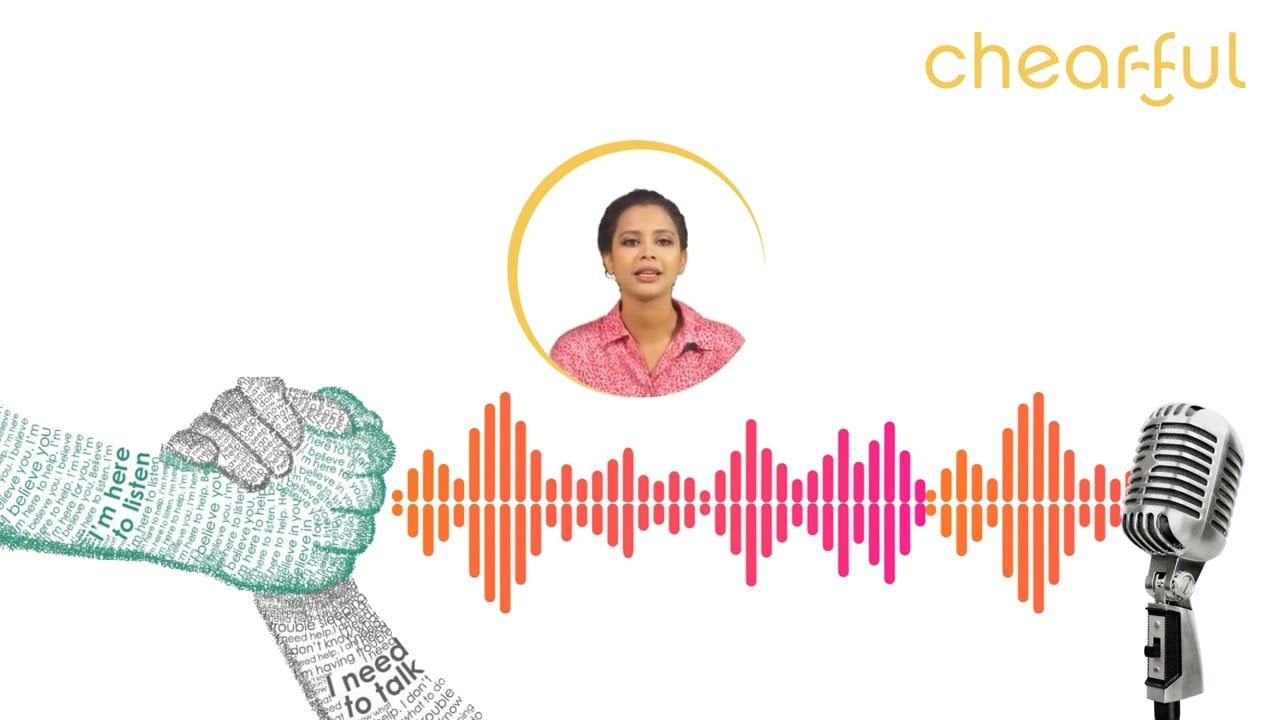
Processing....
Abuse refers to harmful or injurious treatment of another human being that may include physical, sexual, verbal, psychological/emotional, intellectual, or spiritual maltreatment
Abuse may coexist with neglect, which is defined as failure to meet a dependent person’s basic physical and medical needs, emotional deprivation, and/or desertion. Neglect is sometimes described as passive abuse.
Triggers - The Causes
- A history of being abused or neglected as a child
- Physical or mental illness, such as depression or post-traumatic stress disorder (PTSD)
- Family crisis or stress, including domestic violence and other marital conflicts, or single parenting
- Financial stress, unemployment or poverty
- Social or extended family isolation
- Poor understanding of child development and parenting skills
- Alcohol, drugs or other substance abuse
Symptoms - What it looks like
- Physical abuse signs and symptoms - Unexplained injuries, such as bruises, broken bones (fractures) or burns
- Injuries that don't match the given explanation
- Emotional - Loss of self-confidence or self-esteem
- Social withdrawal or a loss of interest or enthusiasm
- Psychological - Depression. severe anxiety and fear
- Neglect signs and symptoms - Excessive weight with medical complications that are not being adequately addressed
- Poor personal cleanliness
Treatment - The way to healing
- Get support - Making a decision to leave a situation where you feel unsafe may be hard and scary. If possible, talk to someone you trust, such as a friend and/or counselor
- Go to a refuge - A shelter or refuge is a place where you can seek temporary accommodation.
- Stay with family or a friend - Ask a trusted family member or friend if you can stay with them while you work out what to do next.
- Talk to emergency services or the police
- Mental health support with professionals
Famous Names - We are not alone
Articles
Build your awareness and get inspired with our researched articles on how you can strengthen your well-being
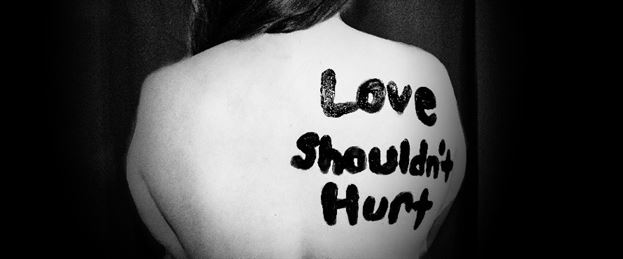
 1715 Read
1715 Read


